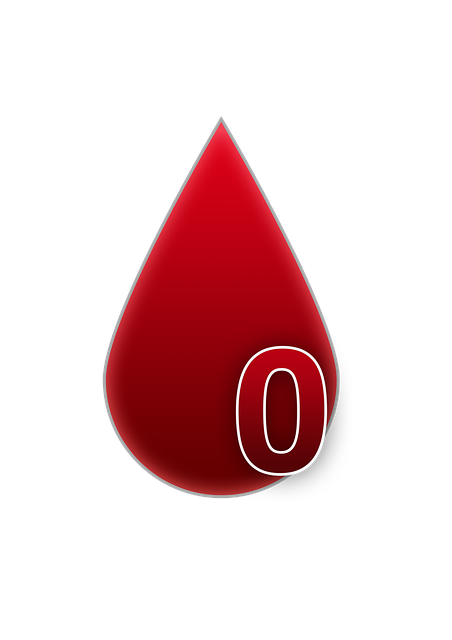Vitamin deficiencies, often overlooked yet significant health issues, can be identified and treated through confidential blood tests. These tests assess unique vitamin functions crucial for various bodily processes, pinpointing imbalances caused by poor diet, malabsorption, or life stage demands. Early detection enables healthcare professionals to recommend personalized solutions like dietary changes or supplementation, restoring optimal vitamin levels and preventing associated health risks. Blood tests for vitamin deficiencies serve as powerful tools in proactive health management, ensuring prompt addressing of potential nutrient gaps.
Confidential blood tests are transforming how we diagnose vitamin deficiencies, offering a discreet and effective method for assessing nutrient levels. This article delves into the world of these diagnostic tools, exploring their role in identifying subtle imbalances that can impact overall health. We’ll discuss how confidential blood tests provide valuable insights, guide personalized supplement strategies, and promote optimal well-being. Understanding the process and interpreting results is key to harnessing the power of this game-changer: the blood test for vitamin deficiency.
- Understanding Vitamin Deficiencies and Their Impact
- The Role of Confidential Blood Tests in Diagnosis
- Interpreting Results and Next Steps After Testing
Understanding Vitamin Deficiencies and Their Impact
Vitamin deficiencies are common health issues that can have significant impacts on overall well-being if left undiagnosed and untreated. These deficiencies occur when the body lacks sufficient amounts of essential vitamins, which play crucial roles in various physiological functions. Blood tests for vitamin deficiency serve as a powerful tool to identify these imbalances, allowing for prompt intervention and management.
Each vitamin has specific functions; for instance, Vitamin B12 is vital for nerve function and blood cell formation, while Vitamin D aids in bone health and immune system regulation. Deficiencies can arise due to various factors, including poor diet, malabsorption issues, or increased demand during certain life stages. Symptoms may include fatigue, weakness, cognitive impairment, and even more severe complications if left untreated. Early detection through confidential blood tests enables healthcare professionals to provide personalized recommendations for dietary changes, supplementation, or other treatments to restore optimal vitamin levels and prevent potential health risks.
The Role of Confidential Blood Tests in Diagnosis
Confidential blood tests play a pivotal role in diagnosing vitamin deficiencies, offering a straightforward and effective method to assess an individual’s nutritional status. These tests provide valuable insights into the presence or absence of specific vitamins in the bloodstream, allowing healthcare professionals to make informed decisions about treatment. By analyzing various blood markers, such as serum vitamin levels, doctors can identify deficiencies that may go unnoticed through routine checks or self-assessment.
In today’s digital era, where health awareness is on the rise, many individuals are proactive about their well-being and seek confidential blood tests for vitamin deficiency screening. This personalized approach enables folks to take control of their nutrition and address potential deficiencies promptly. Accurate diagnosis through blood tests is a game-changer, ensuring tailored treatment plans that can enhance overall health and well-being.
Interpreting Results and Next Steps After Testing
After undergoing a blood test for vitamin deficiency, interpreting the results is crucial to understanding your diagnosis. Your healthcare provider will examine the levels of specific vitamins in your blood, comparing them to established reference ranges. If certain vitamin levels fall below the recommended range, it indicates a potential deficiency. For instance, low vitamin D levels may suggest a lack of sunlight exposure or an issue with absorption.
Upon receiving your results, discussing next steps with your doctor is essential. They might recommend lifestyle changes, such as dietary adjustments or increased sun exposure, to boost vitamin levels naturally. In some cases, they may prescribe supplements tailored to address the specific deficiency. Regular follow-up tests can monitor progress and ensure the effectiveness of the implemented treatment plan.
Confidential blood tests play a pivotal role in diagnosing vitamin deficiencies, providing crucial insights into an individual’s nutritional health. By understanding the impact of these deficiencies and interpreting test results accurately, individuals can take informed steps to enhance their well-being. A simple blood test for vitamin deficiency can be a game-changer, enabling prompt addressing and management of any identified shortfalls, ultimately fostering optimal health and vitality.
